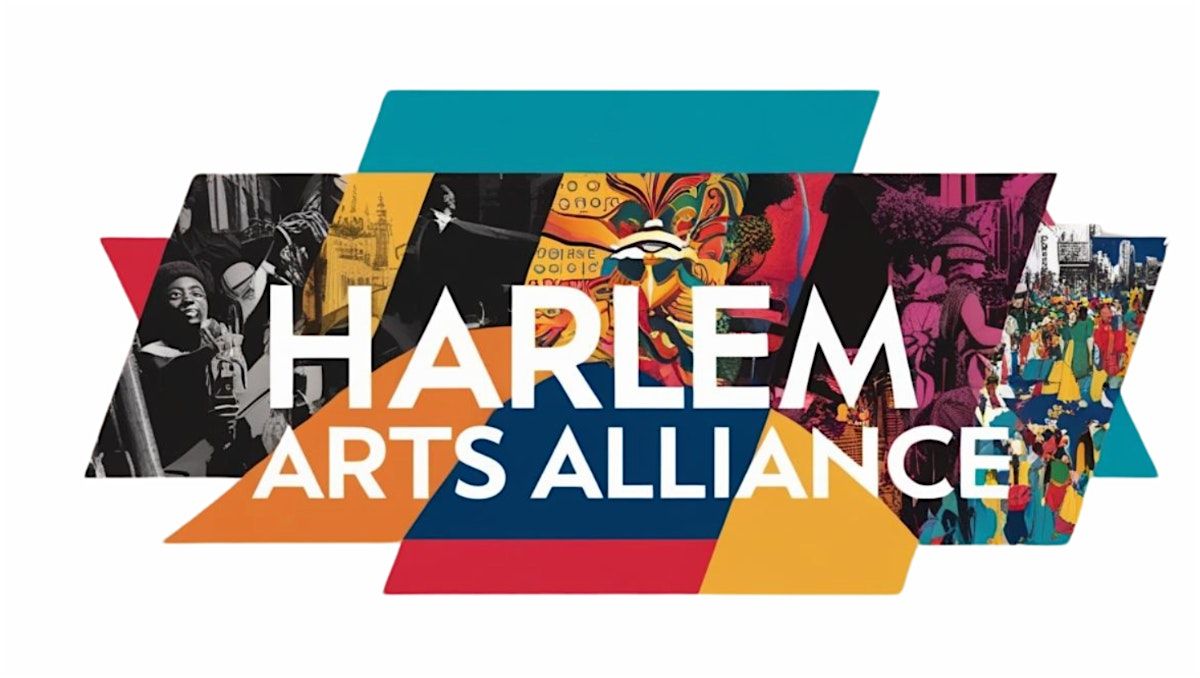Celebrating Recent Work by Lydia Goehr
Schedule
Tue Oct 14 2025 at 06:15 pm to 07:45 pm
UTC-04:00Location
Heyman Center for the Humanities | New York, NY

About this Event
If you are a Columbia/Barnard affiliate with campus access, please use your Columbia/Barnard email when registering.
Each attendee must have their OWN registration and email address.
Registration for external guests closes at 4PM on October 13. Registration will automatically close at that time. Columbia/Barnard affiliates may register at the door.
by Lydia Goehr
David Lean's extraordinary films work philosophically through the modern reproductive and transportive technologies of sight and sound: through trains, planes, ships, and automobiles, from one perspective, and through the modern technology of the radio and gramophone, from another.
Lean's musical motifs are known worldwide: Lara's theme in Zhivago; the Colonel Bogey March in Kwai; Estella's motif in Great Expectations; Rosy's motif in Ryan's Daughter; Lawrence's motif for his adventure in Arabia, and of course Rachmaninoff's pounding chords in Brief Encounter. When, however, Lean described his cutting of pictures as akin to how music flows through pictures, what sort of music or musicality had he in mind: a classical or popular music, or a way of using musical form to mix up the meaning and material of his films?
Lydia Goehr's new book tracks the soundscape in Lean's films not only through the musical scores composed for the films, but also, and more, through the technology of radio and gramophone that, at the start of Lean's career, were becoming indispensable household items for the home. The book begins and ends with a motif running from the early more domestic films locally situated in the English home to the later more extensive epics of colony, commonwealth, and empire. The fidelity-infidelity relationship defined by marriage extends to the loyalty-betrayal relationship regarding countries of war and peace-after which this relationship is extended to the witty British manner of making film as a perfected and not so perfected symphonic work of a great cutter's art. Here, as few other books on Lean have emphasized, the influence of Noel Coward on Lean cannot be overestimated.
About the Author
is a Professor of Philosophy at Columbia University. Lydia Goehr is Fred and Fannie Mack Professor of Humanities in the Department of Philosophy at Columbia University. She is currently chair of the Department of Philosophy. Her university awards include: Lenfest Distinguished Columbia Faculty Award (2009/2010). She is a recipient of Mellon, Getty, and Guggenheim Fellowships, and in 1997 was the Visiting Ernest Bloch Professor in the Music Department at the University of California at Berkeley, where she gave a series of lectures on Richard Wagner. In 2024 and 2025, she was a Visiting Professor at École Normale Supérieure in Paris. In 2022-23, she was a Visiting Fellow at the Max Planck Institute (Empirical Aesthetics) in Frankfurt and taught at the Courtauld Institute, London. in 2020, she was a Mellon fellow at the Tate Museum in London and, in 2019, a Visiting Professor at the University of Torino.
About the Speakers
is a Professor of Philosophy at Barnard College. Carman is the author of Heidegger’s Analytic (2003) and Merleau-Ponty (2008; 2nd ed. forthcoming) and has coedited The Cambridge Companion to Merleau-Ponty (2005). He has published articles on topics in phenomenology and is currently writing a book on Heidegger.
is the Frederick G. L. Huetwell Professor of Comp Lit, Hist of Art, Philosophy and Art & Design. He received the PhD in Philosophy from University of Chicago in 1984, and has been teaching at the University of Michigan since 2002. He is the author of The Star as Icon (Columbia Press, October 2008), Key Concepts in Aesthetics (Continuum Press, 2008), Race and Reconciliation (University of Minnesota Press, 2003), Making Theory/Constructing Art: On the Authority of the Avant-Garde (University of Chicago Press, 1993), and Husain (Tata Press in India, 1987). He was Mellon Fellow at the Stanford Humanities Center (1991–92) also courtesy of the ACLS, and Andrew Mellon Visitor Scholar at the University of Cape Town (2010). He has been invited to be a Fellow at the Australian National University during 2012.
is an Assistant Professor of Philosophy at Barnard College. She joined the department in 2019. She works on issues in moral psychology and ethics broadly construed, often overlapping with topics in social philosophy and aesthetics, and drawing from contemporary and historical sources. In terms of figures, she works mostly on Kant and Freud, but also Nietzsche and Cavell. She is writing a book on the concept of self-opacity and its significance for philosophical accounts of agency and moral psychology. Russell also writes film criticism, and is working on a project on cinematic aesthetics in genre films.
is an Associate Professor in the Department of Music, where he has taught since 2012. He previously taught at Stony Brook University (2007–2011), having received the PhD in Music at Harvard University in 2007. He studies theoretical discourses around music in the nineteenth and twentieth centuries, with attention to intersections with the history of science, the history and phenomenology of listening, and film music. His research has been supported by fellowships from the Max Planck Institute for the History of Science, the Alexander von Humboldt Foundation, the National Endowment for the Humanities, and the Radcliffe Institute for Advanced Study at Harvard University.
Please email [email protected] to request disability accommodations. Advance notice is necessary to arrange for some accessibility needs. This event will be recorded. By being present, you consent to the SOF/Heyman using such video for promotional purposes.
Where is it happening?
Heyman Center for the Humanities, East Campus Residence Hall, New York, United StatesEvent Location & Nearby Stays:
USD 0.00




















